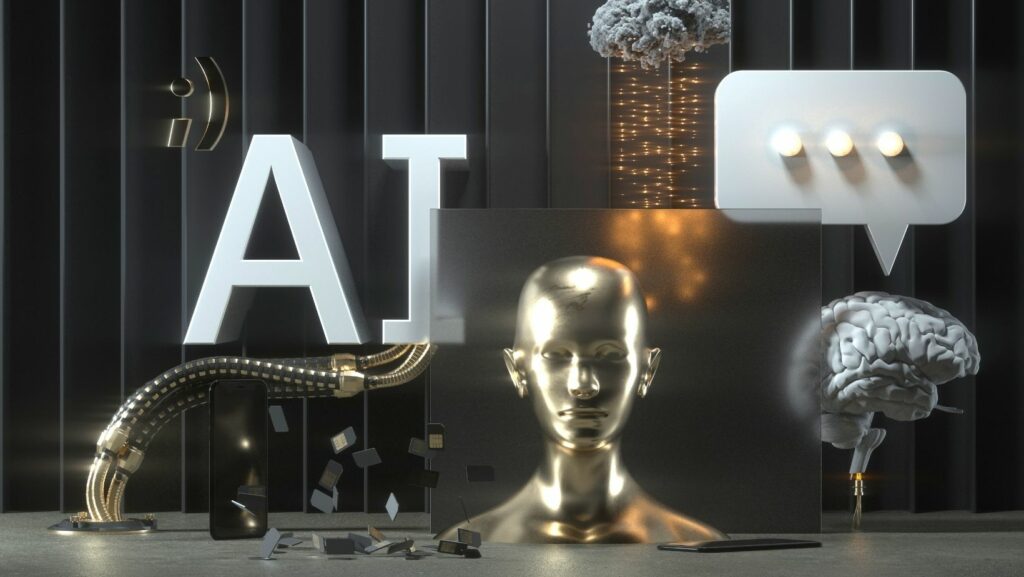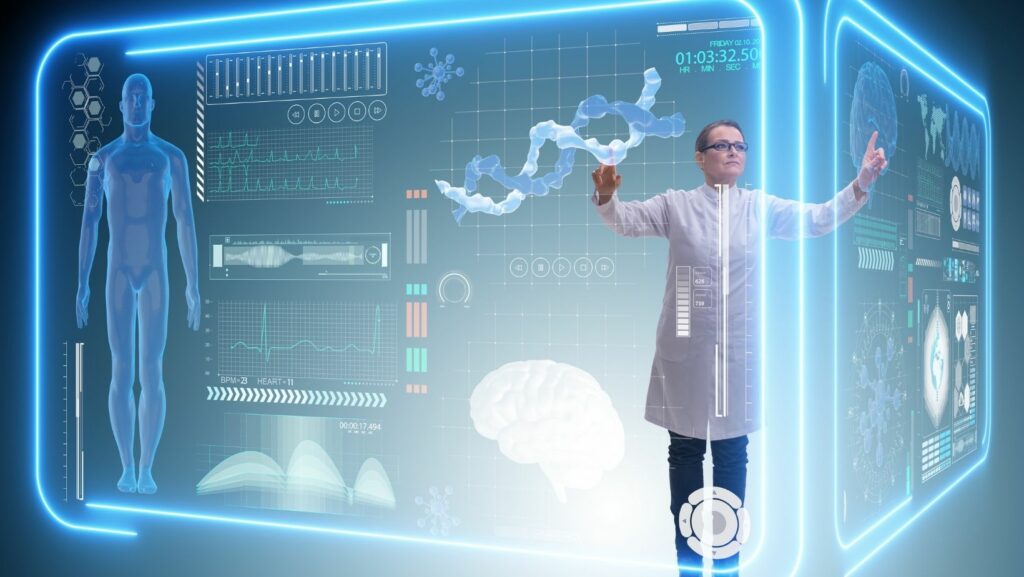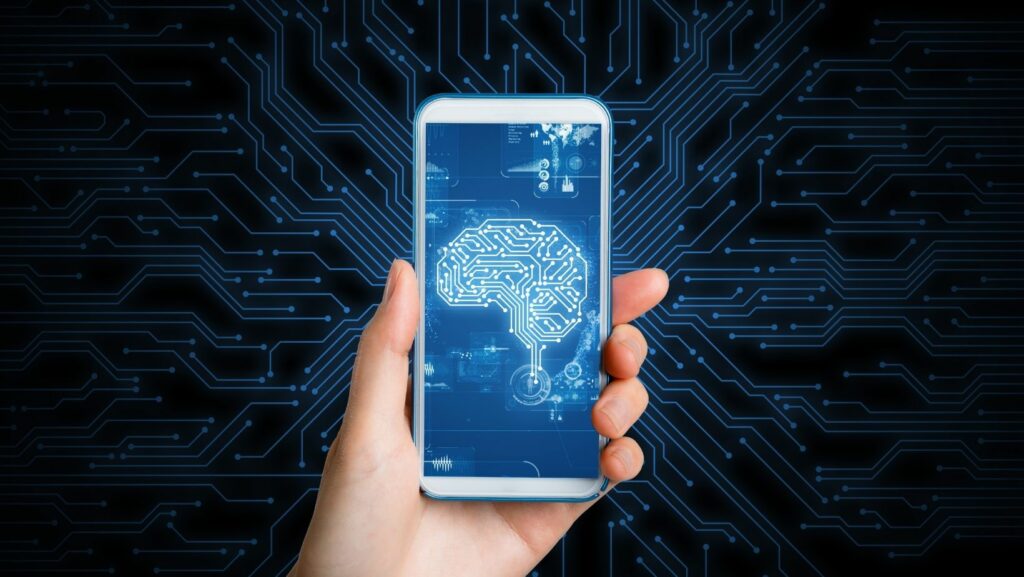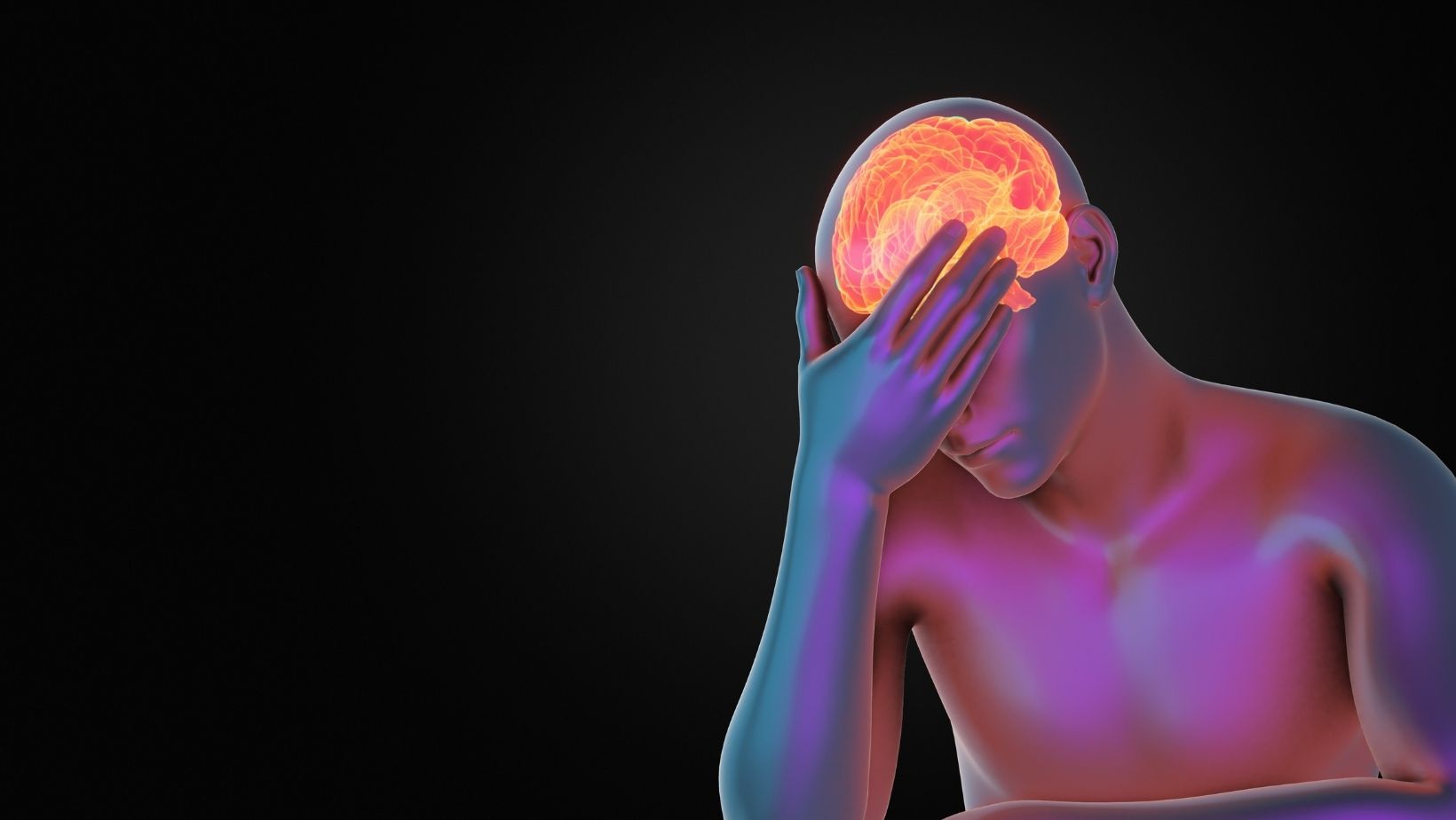
Artificial intelligence (AI) is revolutionizing the field of mental health, offering innovative solutions to support individuals’ well-being. By leveraging AI technologies, mental health professionals can enhance diagnostic accuracy, personalize treatment plans, and provide timely interventions. The intersection of AI and mental health presents a promising landscape for improving access to mental health services and reducing the stigma associated with seeking help. AI-powered tools, such as chatbots and virtual therapists, are reshaping how mental health care is delivered, making support more accessible and cost-effective. These advancements in AI not only streamline processes but also empower individuals to take proactive steps towards managing their mental health.
Artificial Intelligence And Mental Health
AI in therapy refers to the use of artificial intelligence technologies to support mental health diagnosis, treatment, and monitoring processes. These technologies can analyze vast amounts of data to identify patterns and trends that may not be evident to human clinicians. By leveraging machine learning algorithms, AI systems can provide personalized insights and recommendations based on individual symptoms and responses.
Significant Milestones in AI and Mental Health
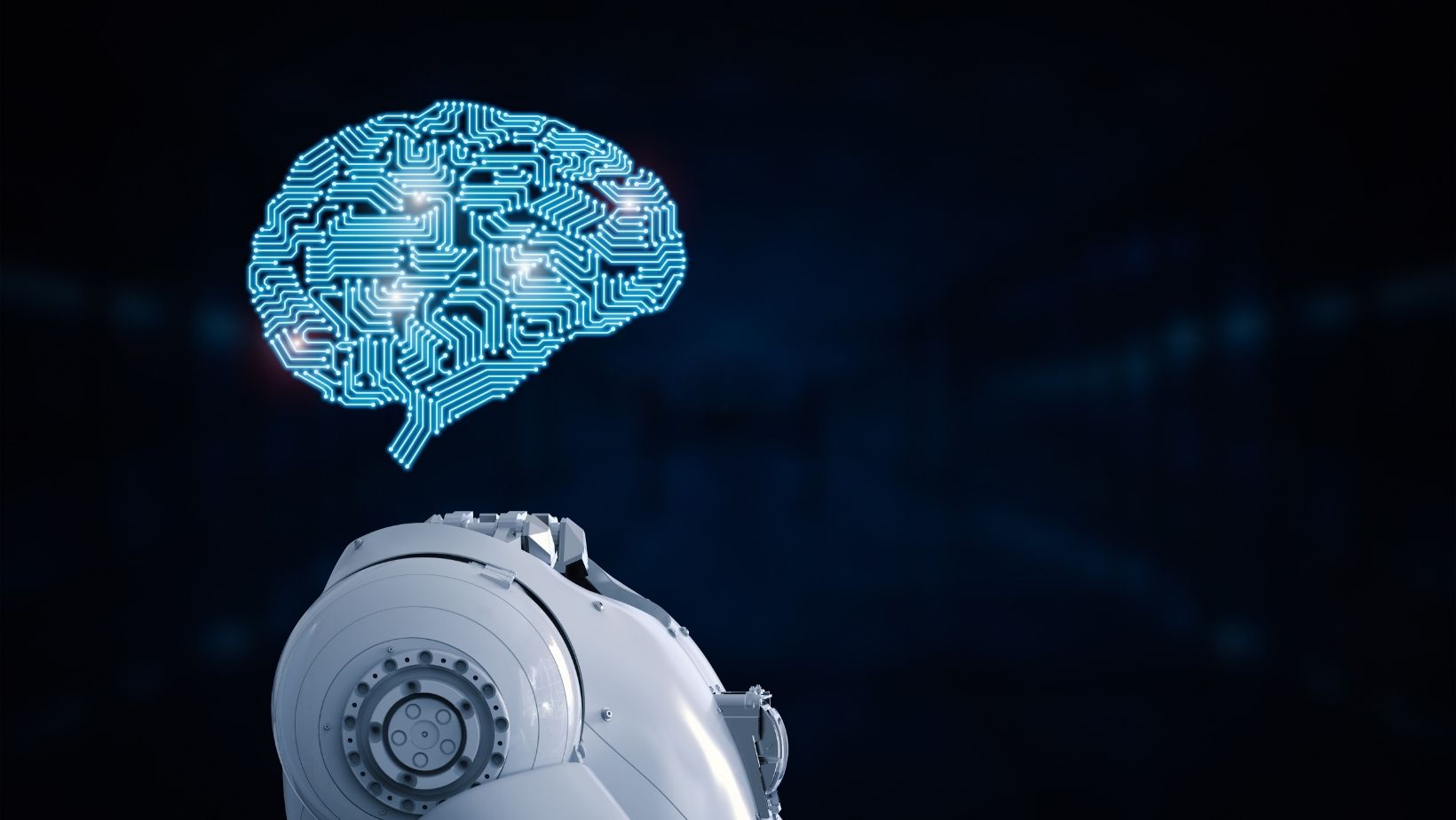
The integration of AI into mental health care represents a significant advancement in the field. Over the years, AI technologies have made strides in enhancing diagnostic accuracy, predicting treatment outcomes, and offering innovative solutions for mental health challenges. From early AI-powered chatbots to sophisticated virtual therapists, these milestones have paved the way for a more accessible, efficient, and patient-centered approach to mental health care.
Benefits of Artificial Intelligence in Mental Health
Artificial intelligence (AI) brings several advantages to the realm of mental health, revolutionizing diagnostic accuracy and treatment personalization.
Enhancing Diagnostic Accuracy
AI algorithms excel in analyzing vast amounts of data to detect patterns and anomalies, enhancing diagnostic accuracy in mental health conditions. By processing diverse data sources such as patient histories, biological markers, and behavioral patterns, AI can assist clinicians in making more precise diagnoses, leading to improved treatment outcomes.
Personalizing Treatment Plans
One of the key benefits of AI in mental health is the ability to personalize treatment plans based on individual needs and responses. AI-driven technologies can evaluate a patient’s unique characteristics, including genetic predispositions, past responses to treatments, and lifestyle factors, to tailor interventions that are more effective and targeted. Personalized treatment plans can optimize therapeutic outcomes and improve patient satisfaction in mental health care.
Challenges and Ethical Concerns
Artificial intelligence (AI) in mental health care presents various challenges and ethical concerns that need careful consideration to ensure its responsible use.
Privacy and Data Security Issues
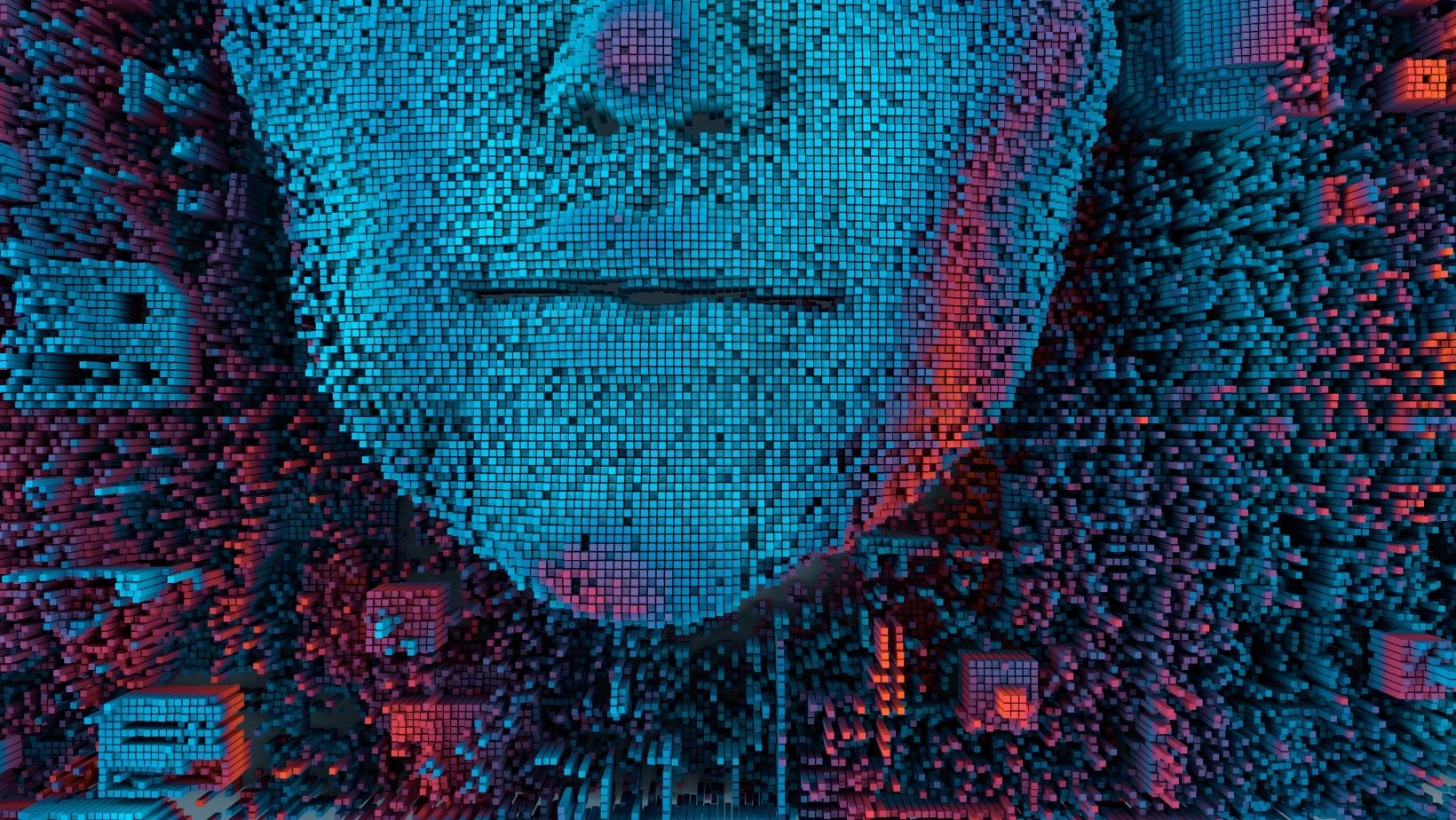
AI systems handling sensitive mental health data raise concerns regarding privacy and data security. Ensuring the confidentiality and secure storage of personal information is essential to maintain trust between individuals and AI-powered mental health technologies. Unauthorized access to personal data could lead to breaches of privacy and confidentiality, highlighting the importance of robust data protection measures in AI applications for mental health care.
Ethical Implications of AI Decisions
The use of AI in mental health diagnosis and treatment raises ethical implications surrounding accountability, bias, and decision-making processes. Ethical considerations include ensuring transparency in how AI algorithms reach decisions, addressing algorithmic biases that could impact treatment outcomes, and establishing accountability mechanisms for errors or misinterpretations.
Current Applications and Case Studies
Artificial intelligence (AI) is actively shaping the landscape of mental health care with innovative applications and real-world case studies that demonstrate its potential. From AI-powered chatbots to therapeutic interventions in clinical settings, AI is revolutionizing the way mental health services are delivered, making them more accessible, efficient, and personalized.
AI-powered Chatbots for Mental Health Support
AI-powered chatbots are transforming mental health support by providing immediate assistance and personalized interventions to individuals in need. These intelligent systems can engage in conversations, offer coping strategies, provide resources, and even detect early signs of mental health issues. For instance, apps like Woebot and Wysa use AI algorithms to deliver cognitive-behavioral therapy techniques, helping users manage stress, anxiety, and depression in a convenient and user-friendly manner.

